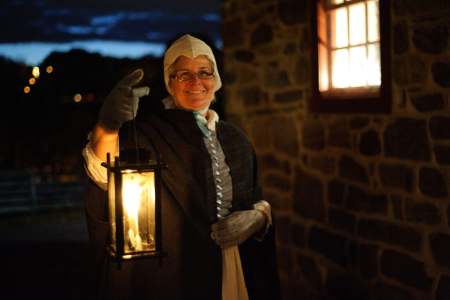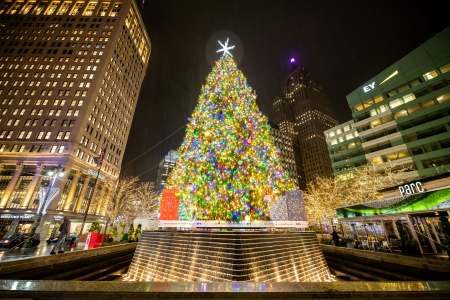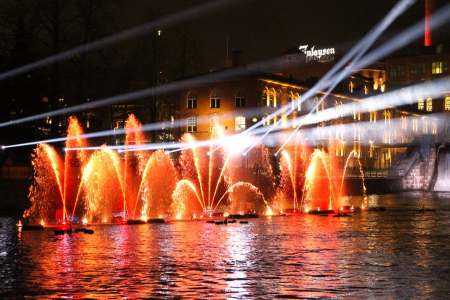
When the year winds down and the holiday season approaches, the United States comes alive with a tapestry of cultural festivities. Among these, Kwanzaa celebrations stand out as a unique and vibrant occasion that honours African-American heritage and culture. Observed annually from December 26 to January 1, Kwanzaa is more than just a holiday—it is a cultural affirmation, a chance to reflect, and an opportunity to come together in community and family.
History of Kwanzaa Celebrations
Kwanzaa was established in 1966 by Dr Maulana Karenga, a professor and activist, during the Civil Rights Movement. Seeking to instil pride in African-American culture and heritage, Dr Karenga drew inspiration from African harvest festivals, such as those celebrated by the Ashanti and Zulu peoples. The name “Kwanzaa” is derived from the Swahili phrase matunda ya kwanza, which means “first fruits.”
Kwanzaa was designed to emphasise unity, self-determination, and collective responsibility among African Americans, with each of its seven days focusing on a core principle called the Nguzo Saba (Seven Principles). These principles—Unity (Umoja), Self-Determination (Kujichagulia), Collective Work and Responsibility (Ujima), Cooperative Economics (Ujamaa), Purpose (Nia), Creativity (Kuumba), and Faith (Imani)—form the foundation of Kwanzaa celebrations across the USA.
When is Kwanzaa Celebrated?
The Kwanzaa celebration runs from 26 December to 1 January each year, offering a meaningful way to end one year and begin another.
Where Is Kwanzaa Celebrated?
Though it is celebrated nationwide, cities with vibrant African-American communities such as Los Angeles, Chicago, New York, Atlanta and Washington DC are especially active in hosting public events.
Museums, cultural centres, and community organisations often hold educational workshops, traditional dance performances, and storytelling events that highlight African culture and the origins of Kwanzaa. For example, Los Angeles is home to one of the oldest Kwanzaa celebrations, where art exhibitions and spoken-word poetry events offer enriching insights into the holiday’s meaning. Meanwhile, New York City’s African Burial Ground National Monument regularly hosts Kwanzaa programming featuring cultural performances and craft workshops.
Who Celebrates Kwanzaa?
Kwanzaa celebrations in the USA blend African traditions with contemporary cultural expressions, creating a dynamic and meaningful experience for participants. Each of the seven days is dedicated to one of the Nguzo Saba principles, with family gatherings, feasts, and rituals marking the occasion.
Central to the celebration is the lighting of the Kinara, a seven-branched candleholder. The black candle in the centre represents the African people, while the three red candles signify struggle, and the three green candles symbolise hope for the future. Each evening, families light one candle and discuss the principle it represents, fostering reflection and dialogue.
Decorations are another significant aspect of Kwanzaa. Homes are adorned with African art, kente cloth, and symbolic items like the Mkeka (woven mat), which acts as the foundation for other symbols, including fruits, vegetables, and the Unity Cup (Kikombe cha Umoja). The colours black, red, and green are prominently displayed, tying the celebration to Pan-African ideals.
Music, dance, and storytelling infuse joy into Kwanzaa celebrations. Traditional African drumming, gospel performances, and poetry readings are common during community gatherings. The festive spirit often culminates in the Karamu, a grand feast held on December 31. Families and friends come together to share a meal featuring African-inspired dishes, such as jollof rice, collard greens, and fried plantains, alongside African-American culinary staples such as sweet potato pie.
How to Celebrate Kwanzaa
Experiencing Kwanzaa celebrations in the USA provides a deep dive into African-American heritage, fostering appreciation for its rich cultural tapestry. Whether you attend a museum workshop, join a communal feast, or witness a candle-lighting ceremony, you’ll leave with a greater understanding of the values that unite people across the African diaspora.
Kwanzaa’s focus on reflection, community, and cultural pride is a refreshing alternative to the commercialism of many modern holidays. It’s an opportunity to connect, learn, and celebrate resilience, creativity, and the enduring spirit of unity.
This year, consider immersing yourself in Kwanzaa celebrations—an enriching cultural journey that adds a meaningful layer to the festive season. Whether you’re a traveller seeking authentic experiences or a curious observer of diverse traditions, Kwanzaa offers a unique lens into African-American culture and its enduring impact on the broader American story.
Is Kwanzaa Celebrated in Africa?
It is basically a north American celebration, so although you might find festivities in the Caribbean you are unlikely to see it celebrated in Africa.
What Religion Celebrates Kwanzaa?
Kwanzaa is a non-religious holiday.



